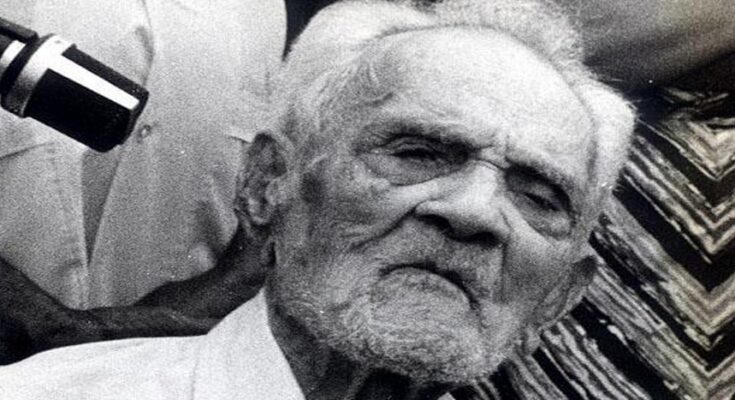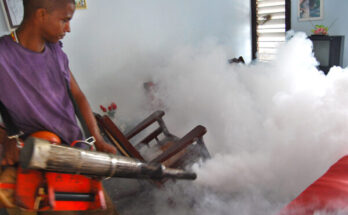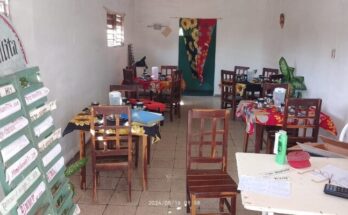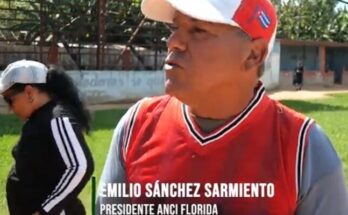Every time the Homeland has been in danger, I have left my jobs and I have put myself at the service of its defense and when peace returned, back to my jobs. No more living off the Homeland!”; with these words defined his position the independence fighter Juan Fajardo Vega, when he refused to receive any pension for his participation in the war of independence, considering that he had not gone to it for material interest, but for the freedom of Cuba.
Born on August 15, 1882 in Contramaestre, in Santiago de Cuba, at the age of 16 he joined the ranks of the Cuban Liberation Army on July 10, 1897, as a member of the escort of the then Brigadier General Saturnino Lora, one of the protagonists of the Grito de Baire; His other six brothers also went to the manigua, to win the Cuban independence with weapons, and one of them, Francisco, participated together with El Titan de Bronce Antonio Maceo Grajales in the Invasion from East to West, one of the most transcendent military actions of his time.
During the neocolonial Republic he participated in the uprising of the Independent Party of Color in 1912 and in the uprising of the liberals against the reelectionism of President Mario García Menocal, in February 1917; and at the beginning of the last stage of the struggle for National Liberation he collaborated with the 26th of July Revolutionary Movement and offered his contribution as an armorer in the Third Front of the Rebel Army, in the region of Santiago de Cuba.
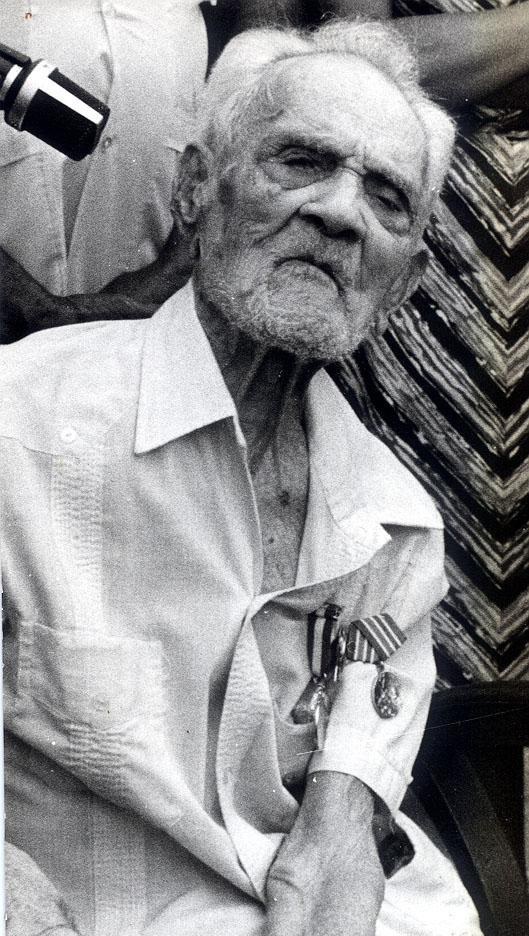
The revolutionary triumph of January 1st, 1959 surprises him with his carbine on his shoulder, he is no longer the young mambi who had the misfortune of taking to his grave the last image of Antonio Maceo alive; he dedicates himself to the agricultural tasks as a simple farmer and is linked to the different tasks undertaken by the Revolution.
Juan Fajardo Vega was the only combatant of the Cuban Liberation Army alive at the beginning of the 1990s, for which he was called The Last Mambi; he died on August 2 of that same year in Santiago de Cuba; His corpse was watched over in the historical Museum of the town of Baire and his remains were deposited in the Mausoleum of the Revolutionary Armed Forces in El Cacahual, province of Havana, next to the undefeated General Antonio Maceo and his young assistant Panchito Gómez Toro.


